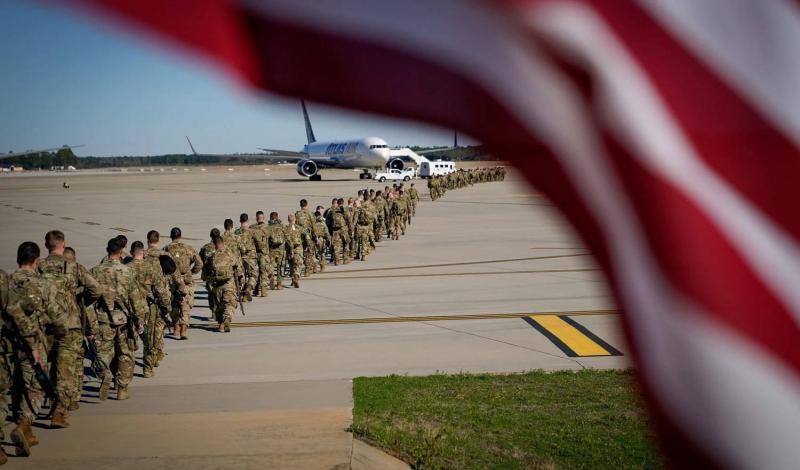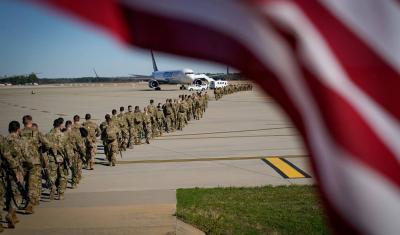The decision to withdraw Americans from Iraq is not easy, nor should it be impulsive or made in response to exceptional security circumstances. Such a decision appears to many who cannot have their awareness distorted by the rhetoric of armed group channels, as a folly and a gamble with the fate of the country and all Iraqis. This political common sense is understood by many politicians in Iraq, but they refrain from expressing it out of fear of losing the political support they receive from foreign entities, as they traditionally cling to the principle of relying on external forces.
The boycott by Kurdish and Sunni representatives of the Iraqi parliament session concerning this issue is, at the very least, commendable for several reasons, the most significant being the prevention of political recklessness and the rationalization of vital decisions within this federal institution. This boycott also provides everyone with a chance to pause and consider potential scenarios, expected repercussions, and the fallout resulting from such a decision, especially since various committees under the parliament are fundamentally supposed to have members who are specialists in political, strategic, economic, and security fields. These members should be capable of moving beyond "canned" statements, provocative chants, and impromptu press conferences, and elevate themselves to the level of conducting comprehensive studies on this issue and its complexities and various dimensions in coordination with national research centers.
Additionally, parliamentary committees and their representatives must approach such files with a profound strategic thinking mindset, completely devoid of ideological anxieties and jihadist slogans, prioritizing the country's supreme interest above all secondary interests. They should represent the will of the state and all components of Iraqi society professionally, rather than yielding to and promoting political agendas that, through current developments and field movements, have shown us do not even reflect the true stance of any particular community component, nor do they represent most political parties known for their traditional rejection of foreign presence on Iraqi soil.
On the other hand, setting aside the current positions of the Kurds, Sunnis, and their political representatives, Shia politicians themselves, particularly the leaders within the coordination framework, must carefully consider this issue, assuming that there may be a project aimed at gradually undermining their political dominance in the country by creating a rift between them and the political forces representing other Iraqi community components. This could stir new discord that would once again shake the foundations of national unity, embodied in the sovereignty of national dialogue, consensus, and understanding among the political process parties.
Moreover, political leaders in the coordination framework should analyze the scene and its developments with a broad political, economic, and security perspective, realistically assessing events from a position of national responsibility. They must take the seriousness of the absence of coherent discourse and position into account, along with understanding a simple reality: the country can hardly bear new security shocks, political horrors, and economic crises simply due to political impulses or security events, or because of adopting politically empty slogans and ideologically-driven aspirations that risk the fate of the nation.
In other words, everyone should understand that emphasizing the idea of withdrawing American forces through coercive mentality and external dictates, or without amiable and constructive negotiations, or via a parliamentary decision or law emanating from it, will be extremely dangerous. It would lead to more severe conflict with dire consequences and tampered results, especially since everyone is well aware that the Americans have various pressure tactics or sanctions they can resort to against Iraq and the stability of its political system, economy, and security, as well as its territorial and societal unity!




